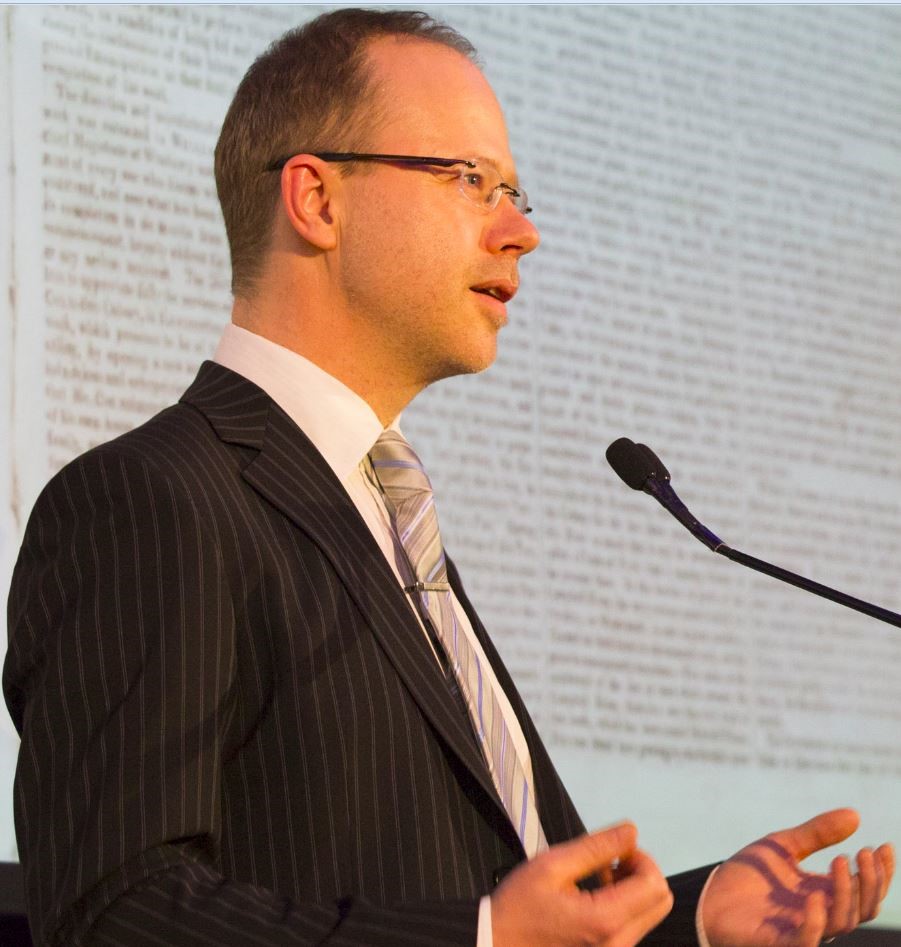Category
History
-
Cultural Studies, History, Life Writing
Material Memory and the Digital
19.05.15 | Permalink | Comments Off on Material Memory and the DigitalOver the past two decades, memory, understood as both the act of remembering and a means of storing memories, has been relocating itself. In its daily usage it has been moving from the mind to the computer—from neurological systems to digital technologies—as people increasingly outsource memory to digital devices. In this essay I focus on the changing nature of remembering—and forgetting—in the digital era. With an emphasis on personal stories I ask: How is intergenerational memory transfer changing as a result of digital media technologies? Specifically, what are the implications of the shift to digital storage and communication processes for the way we retain, pass on, or receive private and intimate material? How has this changed the way we see ourselves and view our lives, and allow others to see ourselves and our lives?
-
Cultural Studies, History, Life Writing
Reclaiming the Past: Nadia’s Story
27.08.14 | Permalink | Comments Off on Reclaiming the Past: Nadia’s StoryMy Ukrainian grandparents Nadia and Petro Olijnyk arrived in Australia as postwar refugees in 1949. Petro died in 2005 and Nadia in 2009, each in their mid-90s. My grandfather loved telling stories and holding an audience. Nadia would sit with him, listening, but Petro would never allow her to take over. However, when he wasn’t with her she would sometimes tell her own stories and I was struck by how different they were from his. This paper focuses not on Nadia’s storytelling but her story writing, something she began to do in her late 80s for the first time in her life.






